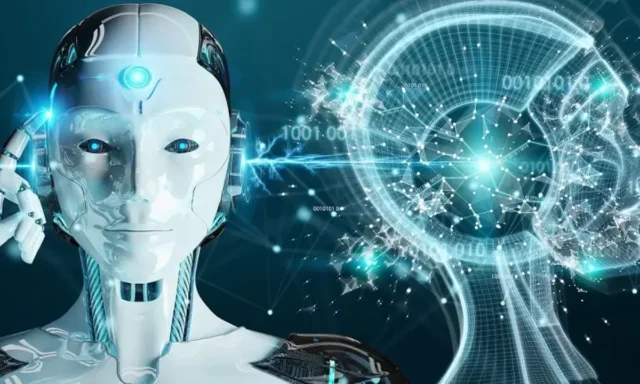
Recent advancements in artificial intelligence have shown that AI can outperform humans in various cognitive tasks, including Theory of Mind (ToM) tests. These tests, which assess the ability to attribute mental states to oneself and others, are crucial for understanding human social interactions, empathy, and communication.
Understanding Theory of Mind
Theory of Mind refers to the ability to infer and understand the mental states—such as beliefs, desires, and intentions—of others. It is a fundamental aspect of human cognition and social behavior, allowing individuals to predict and interpret the actions of those around them.
AI’s Performance in Theory of Mind Tests
Researchers have been exploring the capabilities of large language models (LLMs) like ChatGPT-4 in performing ToM tasks. In a groundbreaking study, AI was put through a series of classic false-belief tasks traditionally used to assess ToM in humans. These tasks require understanding that others can hold beliefs about the world that are different from one’s own and that these beliefs can be incorrect.
The findings revealed that AI models, particularly the latest versions of GPT, performed exceptionally well, sometimes surpassing human participants. This is a significant leap, considering that previous iterations of AI models struggled with such tasks.
Implications of AI’s Capabilities
The ability of AI to excel in ToM tasks has profound implications. For one, it challenges the long-held belief that ToM is a uniquely human trait. It also opens up new possibilities for AI applications in fields requiring nuanced human interaction, such as mental health care, customer service, and education.
However, it also raises ethical and practical questions. For instance, while AI can mimic understanding of mental states, it does not possess genuine empathy or consciousness. This distinction is crucial as AI becomes more integrated into human-centric roles. Researchers caution against over-relying on AI for tasks that require deep human empathy and ethical judgment.
Future Directions
Looking forward, the integration of AI into areas requiring Theory of Mind will likely continue to grow. Researchers are focused on refining these models to better understand and interpret complex human emotions and behaviors. Additionally, there is an emphasis on developing regulatory frameworks to ensure that AI is used responsibly and ethically in social contexts.
The rapid advancement of AI in understanding and interpreting human mental states marks a significant milestone in cognitive science and artificial intelligence, suggesting a future where AI might play an even more integral role in our social and professional lives.








